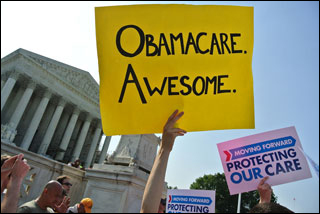Course Description
This course explores the history of the ideal of personal freedom with an eye towards contemporary debates over the pros and cons of the regulatory state. The first part of the course surveys the sociological and theological sources of the concepts of freedom and civil society, and introduces liberty’s leading …
This course explores the history of the ideal of personal freedom with an eye towards contemporary debates over the pros and cons of the regulatory state. The first part of the course surveys the sociological and theological sources of the concepts of freedom and civil society, and introduces liberty’s leading relatives or competitors: property, equality, community, and republicanism. The second part consists of a series of case studies in the rise of modern liberty and libertarianism: the abolition of slavery, the struggle for religious freedom, and the twentieth-century American civil liberties movement. In the last part of the course, we take up debates over the role of libertarianism vs. the regulatory state in a variety of contexts: counter-terrorism, health care, the financial markets, and the Internet.
Course Info
Instructor
Departments
Learning Resource Types
assignment
Problem Sets
assignment
Written Assignments

Obamacare is one of the topics debated in this course. (Image courtesy of Will O’Neill on flickr. License CC BY.)








